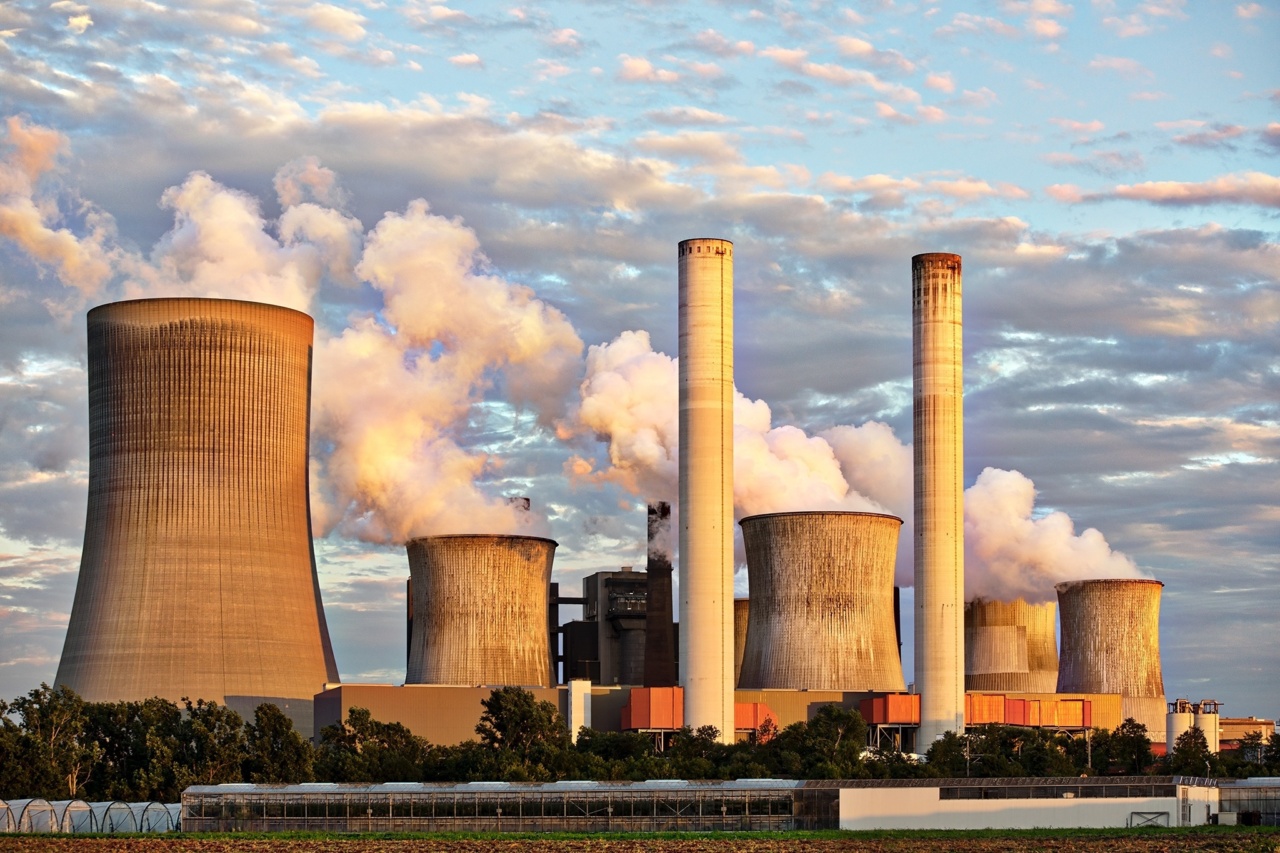Air pollution is a major concern for public health as it is one of the leading causes of premature death.
According to a research study, air pollution contributes significantly to the risk of premature death, with more than 7 million people dying every year due to exposure to air pollution.
What is Air Pollution?
Air pollution refers to the presence of harmful substances in the air that we breathe. The sources of air pollution can be natural or human-made.
Natural sources include dust storms, wildfires, and volcanic eruptions, while human-made sources include industrial activities, transportation, and energy production.
How Does Air Pollution Affect Health?
The harmful effects of air pollution on health have been extensively studied, and numerous studies have linked exposure to air pollution to various health problems.
Air pollution affects the respiratory system, the cardiovascular system, the nervous system, and can even cause cancer.
Health Risks Associated with Air Pollution Exposure
Exposure to air pollution is linked to an increased risk of:.
- Lung cancer
- Chronic Obstructive Pulmonary Disease (COPD)
- Asthma
- Heart disease
- Stroke
- Respiratory infections
- Neurological disorders
- Premature death
Impact of Air Pollution on Premature Death
A recent study estimates that air pollution causes more than 7 million premature deaths every year, which is 1 in 8 deaths worldwide.
The study found that air pollution was the leading cause of death in low- and middle-income countries, accounting for 17% of deaths in these countries. In high-income countries, air pollution accounted for 6% of deaths.
What Types of Air Pollutants are the Most Harmful?
The most harmful air pollutants include:.
- Particulate matter (PM)
- Nitrogen dioxide (NO2)
- Sulfur dioxide (SO2)
- Ozone (O3)
Particulate matter is one of the most significant contributors to premature death due to air pollution. PM can penetrate the lungs and enter the bloodstream, which can cause inflammation and increase the risk of heart disease, stroke, and lung cancer.
Nitrogen dioxide and sulfur dioxide are both harmful to the respiratory system, while ozone can cause respiratory problems and asthma.
What Can Be Done to Reduce Air Pollution?
Reducing air pollution requires a combination of policy changes, technological advancements, and individual actions. Some ways to reduce air pollution include:.
- Implementing stricter emissions standards for vehicles and industrial facilities
- Investing in renewable energy sources
- Encouraging the use of public transportation, biking, and walking
- Reducing the use of fossil fuels
- Planting trees and green spaces in urban areas to absorb pollutants
The Bottom Line
Air pollution is a major public health concern, contributing significantly to the risk of premature death worldwide. The most harmful pollutants include particulate matter, nitrogen dioxide, sulfur dioxide, and ozone.
To reduce air pollution, policy changes, technological advancements, and individual actions are essential.





























